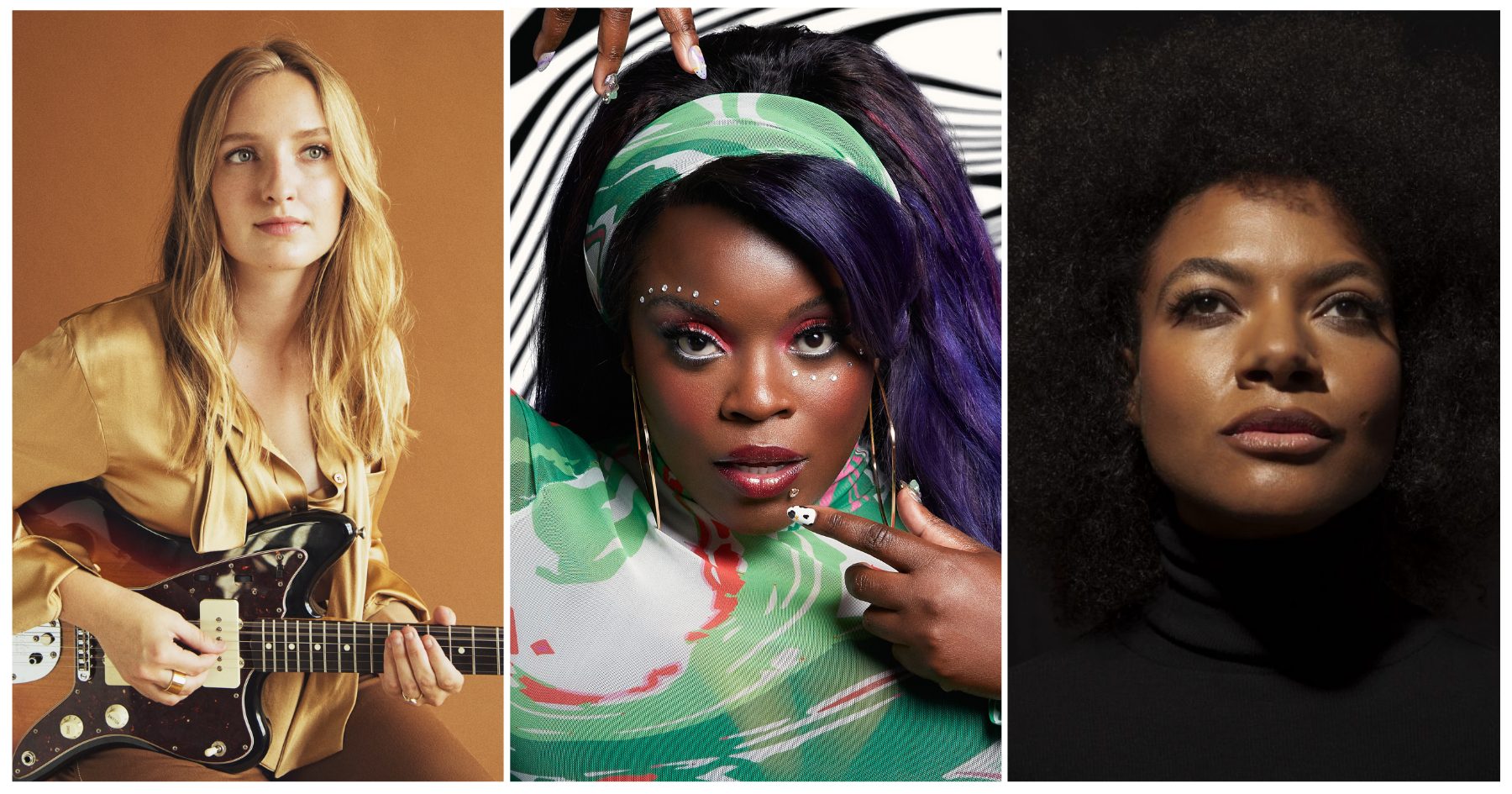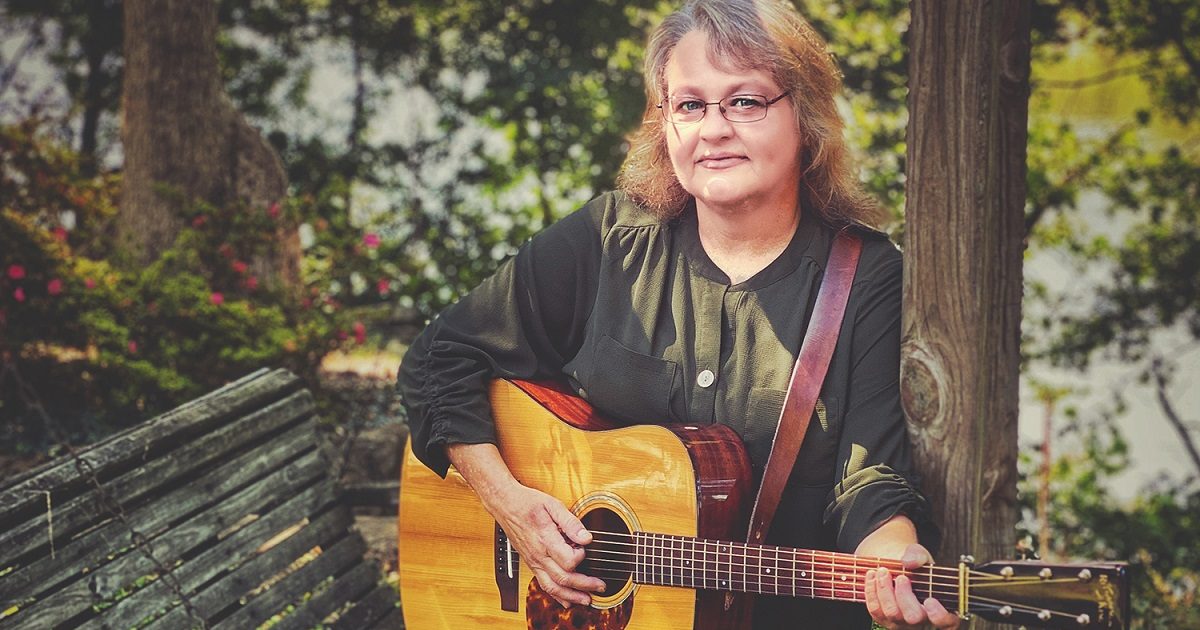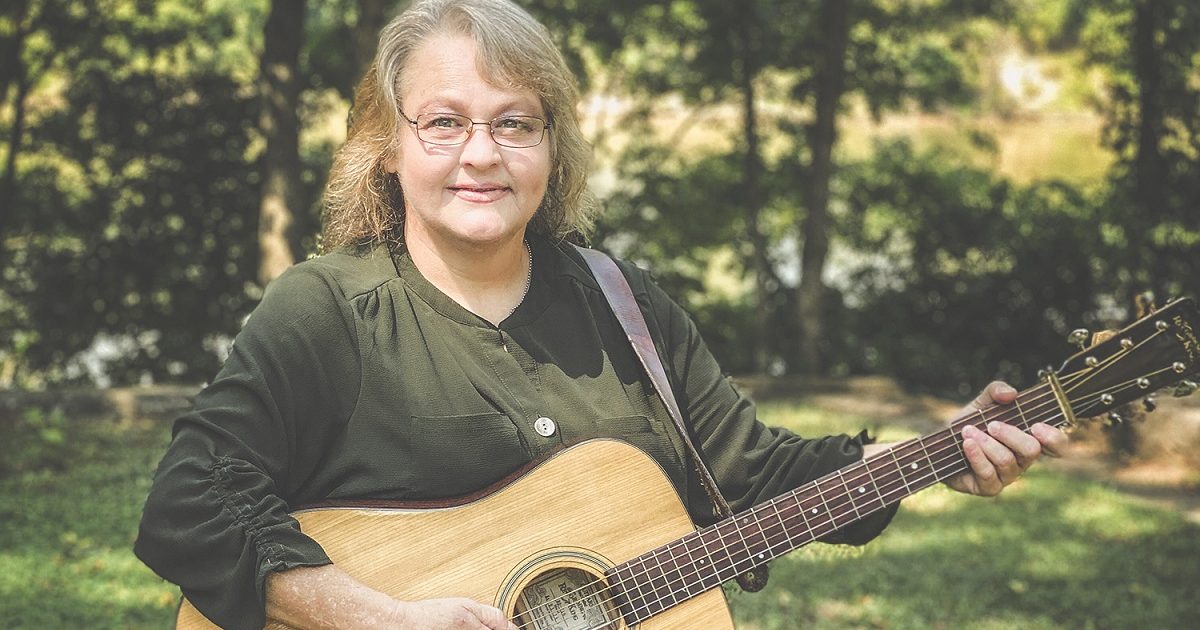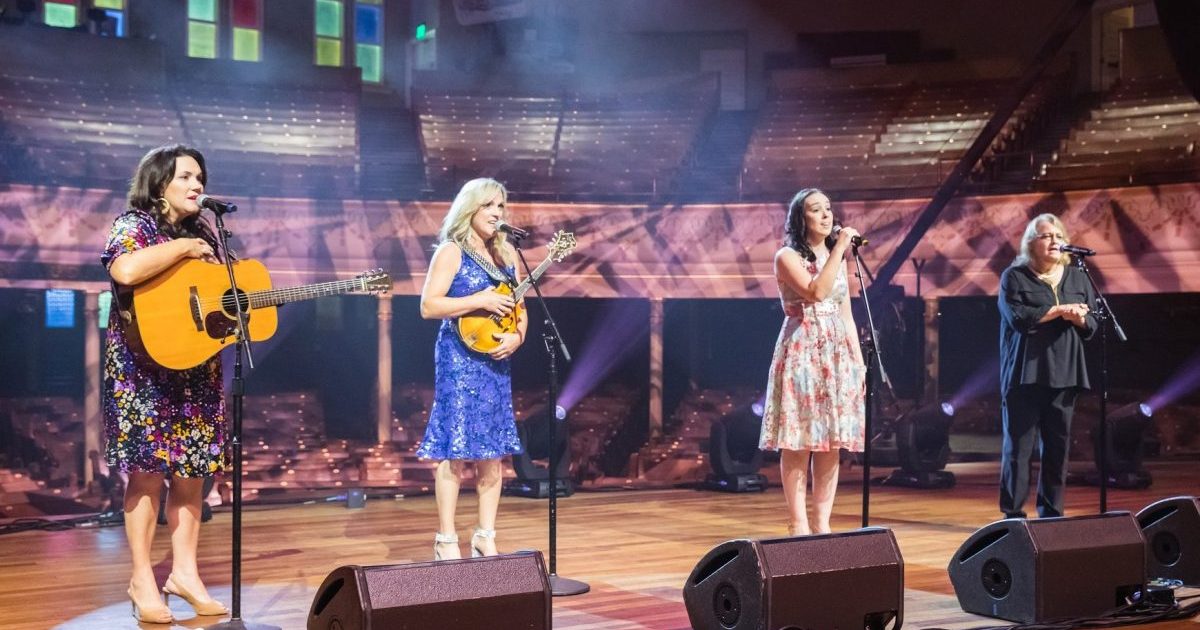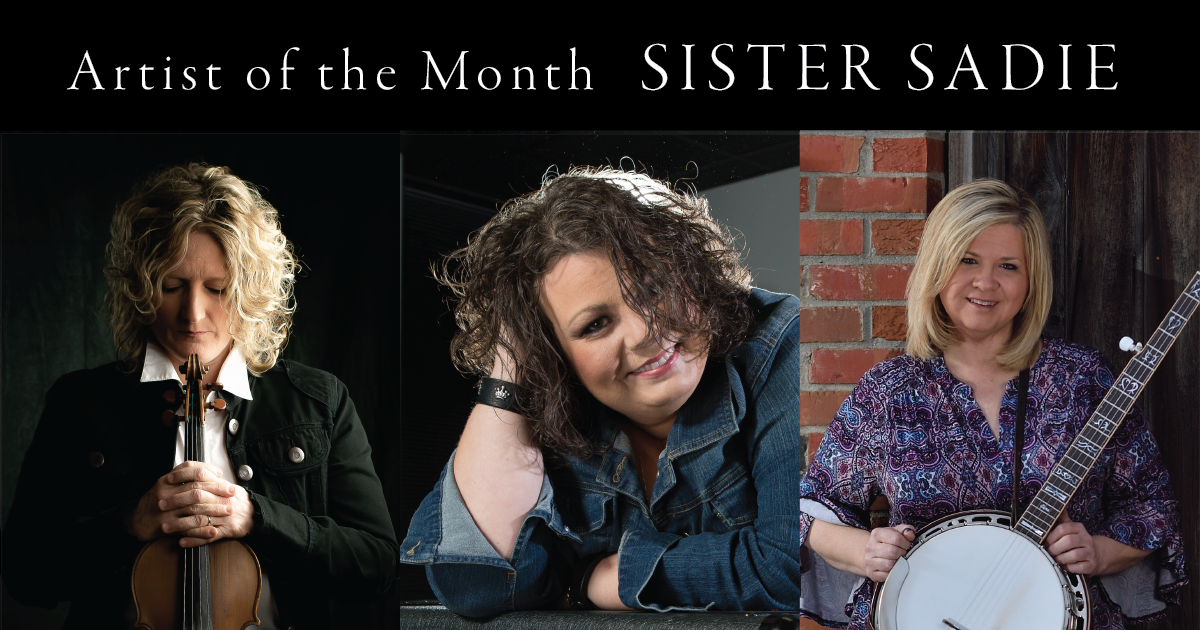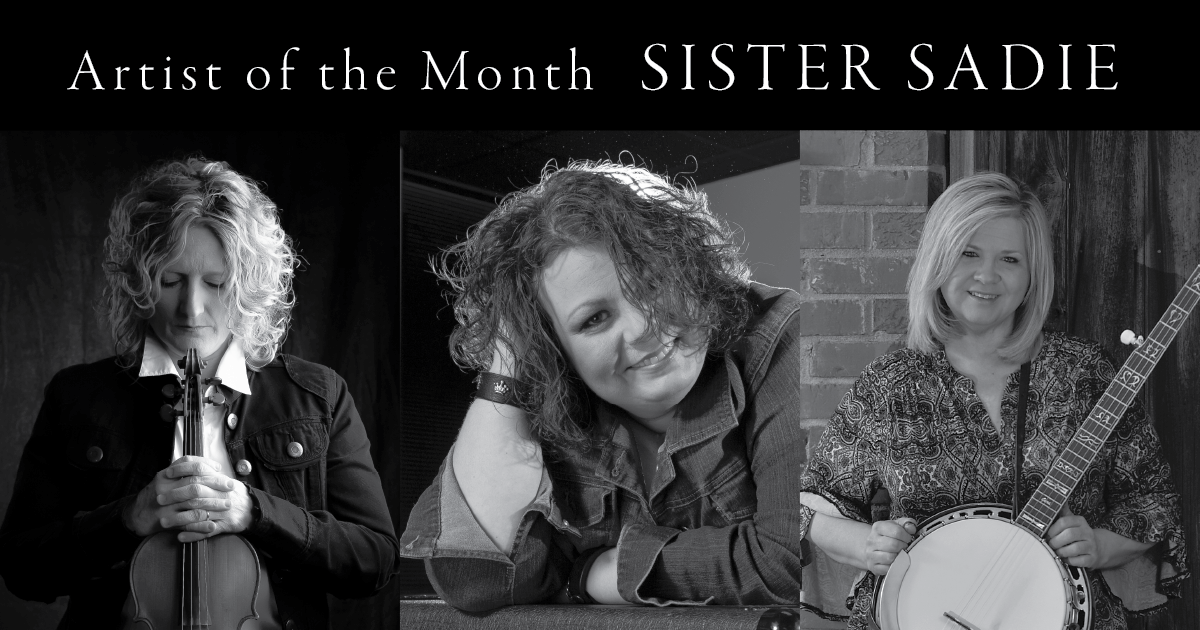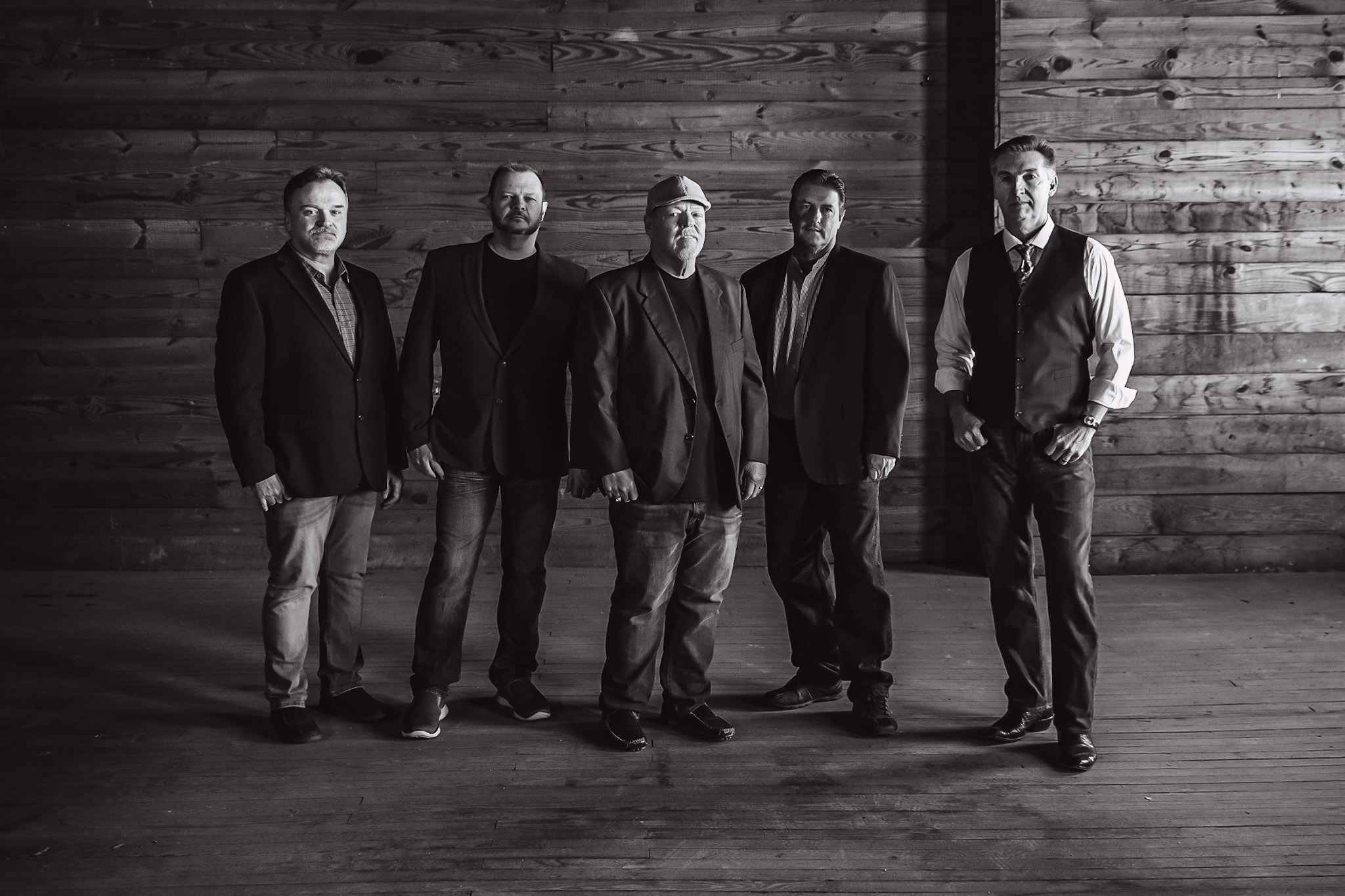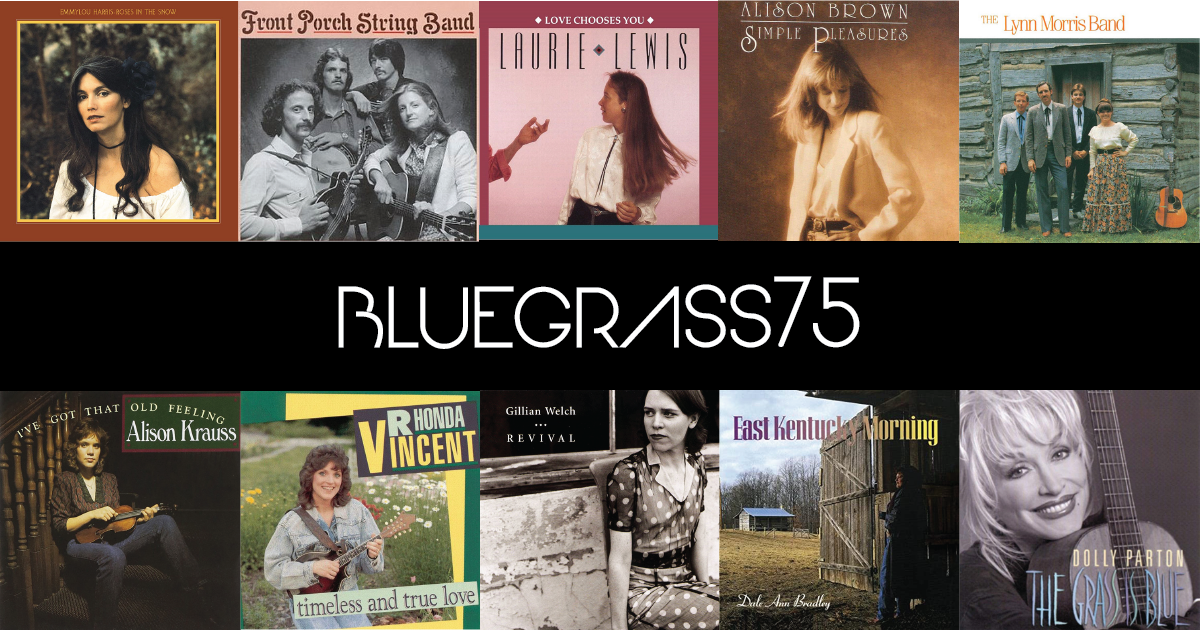Nominees for the 32nd Annual IBMA Bluegrass Music Awards presented by Yamaha were announced today, with Balsam Range, Billy Strings, Doyle Lawson & Quicksilver, Del McCoury Band, and The Po’ Ramblin’ Boys landing in the top category of Entertainer of the Year. Alison Krauss, Lynn Morris, and the Stoneman Family will be inducted into the Bluegrass Music Hall of Fame during the show as well.
Five people who have made significant contributions to bluegrass music were named as recipients of the IBMA Distinguished Achievement Award: industry leader Nancy Cardwell Webster, broadcaster Lee Michael Demsey, Czech luthier/performer Jaroslav Prucha, musician/performer Cliff Waldron, and Boston Bluegrass Union’s Stan Zdonik.
The IBMA Bluegrass Music Awards on Thursday, September 30, at the Duke Energy Center for the Performing Arts in Raleigh, North Carolina. Awards are voted on by the professional membership of the International Bluegrass Music Association (IBMA), the professional nonprofit association for the bluegrass music industry.
ENTERTAINER OF THE YEAR
Balsam Range
Billy Strings
Doyle Lawson & Quicksilver
The Del McCoury Band
The Po’ Ramblin’ Boys
MALE VOCALIST OF THE YEAR
Ronnie Bowman
Del McCoury
Danny Paisley
Junior Sisk
Larry Sparks
FEMALE VOCALIST OF THE YEAR
Brooke Aldridge
Dale Ann Bradley
Sierra Hull
Molly Tuttle
Rhonda Vincent
VOCAL GROUP OF THE YEAR
Darin & Brooke Aldridge
Balsam Range
Blue Highway
Doyle Lawson & Quicksilver
Sister Sadie
INSTRUMENTAL GROUP OF THE YEAR
Appalachian Road Show
Billy Strings
Michael Cleveland & Flamekeeper
The Infamous Stringdusters
The Travelin’ McCourys
NEW ARTIST OF THE YEAR sponsored by Ron & Nancy McFarlane
Appalachian Road Show
Carolina Blue
Gina Furtado Project
High Fidelity
Merle Monroe
SONG OF THE YEAR
“Banjo Player’s Blues”
Artist: High Fidelity
Songwriter: Charlie Monroe
Producers: Jeremy Stephens, Brad Benge
Label: Rebel Records
“Hitchhiking to California”
Artist: Alan Bibey & Grasstowne
Songwriters: Wes Golding/Alan Bibey/Jerry Salley
Producers: Jerry Salley, Ron Stewart, Dottie Leonard Miller
Label: Billy Blue Records
“Just Load the Wagon”
Artist: Junior Sisk
Songwriter: J.R. Satterwhite
Producers: Amanda Cook, Junior Sisk, Mark Hodges
Label: Mountain Fever Records
“Leaving on Her Mind”
Artist: Doyle Lawson & Quicksilver
Songwriter: Jack Clement
Producer: Rosta Capek
Label: Billy Blue Records
“Richest Man”
Artist: Balsam Range
Songwriters: Jim Beavers/Jimmy Yeary/Connie Harrington
Producer: Balsam Range
Label: Mountain Home Music Company
ALBUM OF THE YEAR (Tie)
Bluegrass 2020
Artist: Scott Vestal, Patrick McAvinue, Cody Kilby, Dominick Leslie, Curtis Vestal
Producers: Scott Vestal, Ethan Burkhardt, Lonnie Lassiter
Label: Pinecastle Records
Distance and Time
Artist: Becky Buller
Producer: Stephen Mougin
Label: Dark Shadow Recording
Fall Like Rain
Artist: Justin Moses
Producer: Justin Moses
Label: Mountain Fever Records
Industrial Strength Bluegrass: Southwestern Ohio’s Musical Legacy
Artist: Various Artists
Producer: Joe Mullins
Label: Smithsonian Folkways Recordings
Load the Wagon
Artist: Junior Sisk
Producers: Amanda Cook, Junior Sisk, Mark Hodges
Label: Mountain Fever Records
Still Here
Artist: Steve Gulley & Tim Stafford
Producers: Steve Gulley, Tim Stafford
Label: Mountain Home Music Company
BANJO PLAYER OF THE YEAR
Gena Britt
Gina Furtado
Rob McCoury
Kristin Scott Benson
Scott Vestal
BASS PLAYER OF THE YEAR
Mike Bub
Todd Phillips
Missy Raines
Mark Schatz
Marshall Wilborn
FIDDLE PLAYER OF THE YEAR
Jason Carter
Michael Cleveland
Stuart Duncan
Bronwyn Keith-Hynes
Deanie Richardson
RESOPHONIC GUITAR PLAYER OF THE YEAR
Jerry Douglas
Andy Hall
Rob Ickes
Phil Leadbetter
Justin Moses
GUITAR PLAYER OF THE YEAR sponsored by Yamaha
Trey Hensley
Billy Strings
Bryan Sutton
Molly Tuttle
Jake Workman
MANDOLIN PLAYER OF THE YEAR
Jesse Brock
Sam Bush
Sierra Hull
Ronnie McCoury
Tristan Scroggins
COLLABORATIVE RECORDING OF THE YEAR
“Birmingham Jail”
Artists: Barry Abernathy with Vince Gill
Songwriter: Traditional
Producers: Barry Abernathy, Jim VanCleve, Dottie Leonard Miller
Label: Billy Blue Records
“In the Resurrection Morning”
Artists: Sacred Reunion featuring Doyle Lawson, Vince Gill, Barry Abernathy, Tim Stafford, Mark Wheeler, Jim VanCleve, Phil Leadbetter, Jason Moore
Songwriter: Mark Wheeler
Producers: Barry Abernathy, Jim VanCleve, Dottie Leonard Miller
Label: Billy Blue Records
“My Baby’s Gone”
Artists: Justin Moses with Del McCoury
Songwriter: Dennis Linde
Producer: Justin Moses
Label: Mountain Fever Records
“Tears of Regret”
Artists: High Fidelity with Jesse McReynolds
Songwriters: Jesse McReynolds/Lucille Hutton
Producers: Jeremy Stephens, Corrina Rose Logston, Brad Benge
Label: Rebel Records
“White Line Fever”
Artists: Bobby Osborne with Tim O’Brien, Trey Hensley, Sierra Hull, Stuart Duncan, Todd Phillips, Alison Brown
Songwriters: Merle Haggard/Jeff Tweedy
Producers: Alison Brown, Garry West
Label: Compass Records
INSTRUMENTAL RECORDING OF THE YEAR
“The Appalachian Road”
Artist: Appalachian Road Show
Songwriter: Jim VanCleve
Producers: Jim VanCleve, Barry Abernathy, Appalachian Road Show, Dottie Leonard Miller
Label: Billy Blue Records
“Foggy Mountain Chimes”
Artists: Scott Vestal, Patrick McAvinue, Cody Kilby, Dominick Leslie, Curtis Vestal
Songwriter: Earl Scruggs
Producer: Scott Vestal
Label: Pinecastle Records
“Ground Speed”
Artists: Kristin Scott Benson, Skip Cherryholmes, Jeremy Garrett, Kevin Kehrberg, Darren Nicholson
Songwriter: Earl Scruggs
Producer: Jon Weisberger
Label: Mountain Home Music Company
“Mountain Strings”
Artist: Sierra Hull
Songwriters: Frank Wakefield/Red Allen
Producer: Joe Mullins
Label: Smithsonian Folkways Recordings
“Taxland”
Artist: Justin Moses with Sierra Hull
Songwriter: Justin Moses
Producer: Justin Moses
Label: Mountain Fever Records
GOSPEL RECORDING OF THE YEAR
“After Awhile”
Artist: Dale Ann Bradley
Songwriter: Public Domain
Producer: Dale Ann Bradley
Label: Pinecastle Records
“Grit and Grace”
Artist: Balsam Range
Songwriters: Ann Melton/Milan Miller/Beth Husband
Producer: Balsam Range
Label: Mountain Home Music Company
“Hear Jerusalem Calling”
Artist: Joe Mullins & The Radio Ramblers
Songwriters: Marty Stuart/Jerry Sullivan
Producers: Joe Mullins, Dottie Leonard Miller
Label: Billy Blue Records
“In the Resurrection Morning”
Artists: Sacred Reunion featuring Doyle Lawson, Vince Gill, Barry Abernathy, Tim Stafford, Mark Wheeler, Jim VanCleve, Phil Leadbetter, Jason Moore
Songwriter: Mark Wheeler
Producers: Barry Abernathy, Jim VanCleve, Dottie Leonard Miller
Label: Billy Blue Records
“When He Calls My Name”
Artist: Alan Bibey & Grasstowne
Songwriters: Alan Bibey/Ronnie Bowman
Producers: Alan Bibey & Grasstowne, Ron Stewart, Jerry Salley, Dottie Leonard Miller
Label: Billy Blue Records
Photo of Billy Strings: Jesse Faatz
Photo of Alison Krauss: Capitol Records
Photo of Molly Tuttle: Zach Pigg & Chelsea Rochelle

